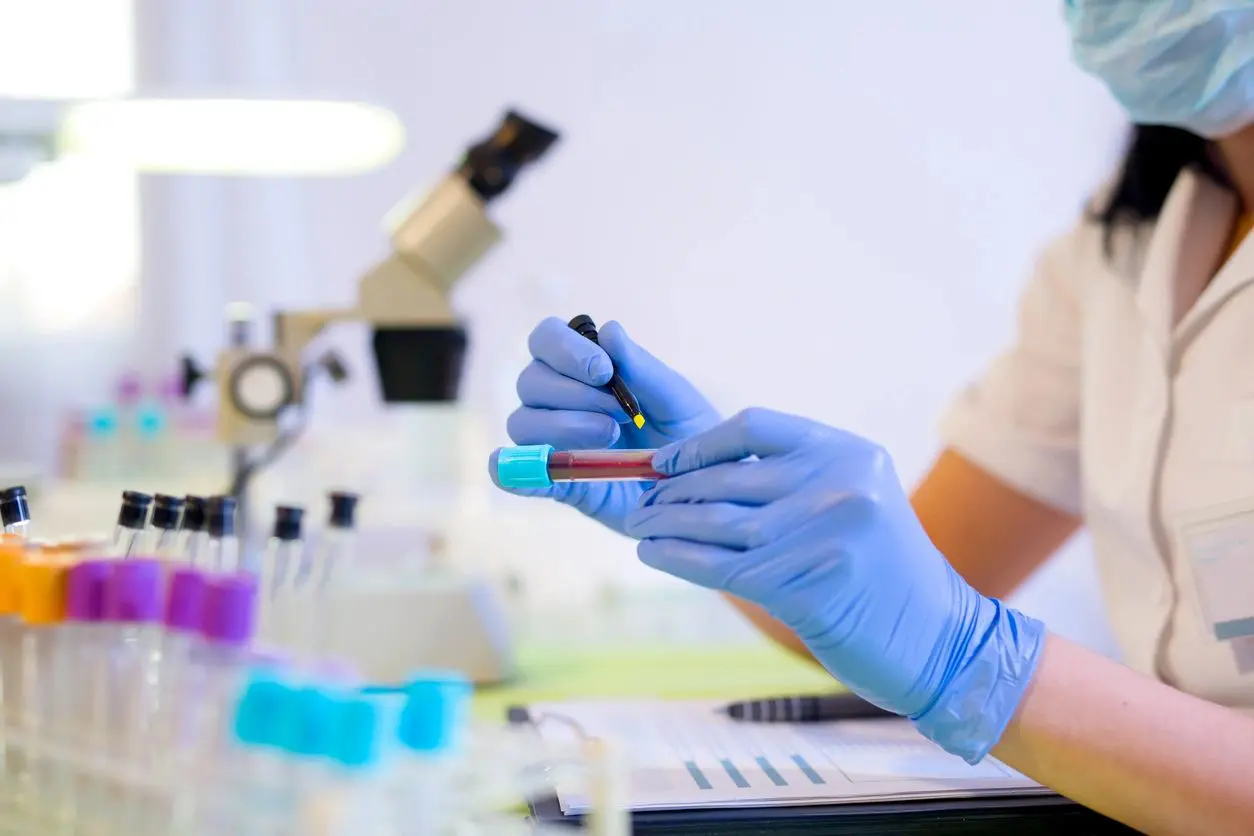
Clinical Trial
Explore the forefront of medical innovation in our Clinical Trial Section. Clinical trials are pivotal in driving advancements in cancer and blood disorder treatments, offering patients access to novel therapies and contributing to scientific knowledge. Discover how participating in a clinical trial can not only provide potential benefits to your own health but also contribute to the future of medicine. Our knowledgeable team is here to provide guidance and support as you navigate this important aspect of your healthcare journey. Learn more about the new opportunities available and join us in shaping the future of healthcare through research and discovery.
Clinical Trial Phone Number: (562) 725-4368
Clinical Trial Address: 3851 Katella Ave #125,
Los Alamitos, CA, 90720
Hours of Operation: Monday through Friday, 9:00 AM-5:00 PM
Questions Commonly Asked About Research
Clinical trials are research studies that test new treatments to see how well they work. They are an essential part of our quest to find better ways to prevent, treat, and cure cancer. Almost every cancer treatment patients receive today is the result of a clinical trial. Clinical trials are designed to answer specific questions about:
- Safety
- Benefits
- Side Effects
- Whether some people benefit more than others
There are several kinds of clinical trials for cancer. Some look at new therapies that may be able to help treat or potentially cure the disease. Some look to see if drugs already approved for a certain condition can be used in a different situation or with different combinations. Others study therapies to see whether they produce fewer side effects than what’s currently used to treat the disease. Still, others may focus on improving the quality of life for people who have already had cancer treatment or are living with cancer. For studies that involve new drugs, cancer researchers organize a clinical trial only after testing the drugs in the laboratory. The treatments that show the most promise are the ones studied in clinical trials.
- You may gain access to new drugs and other treatments, sometimes years before they are widely available.
- You will be monitored closely for any side effects.
- You will have the chance to take an active role in your own healthcare.
- You will be making a valuable contribution to cancer research.
- A clinical trial can sometimes require more time and medical attention than normal care. This can include doctor visits, phone calls, more treatments, a hospital stay, or a more complicated treatment regimen. (Ask your doctor for information about the trial you are considering.)
- The treatment might not work.
- The treatment might cause serious side effects.
- Even if a new approach helps some patients, it might not help you.
Patients generally do not have to pay extra out-of-pocket costs for treatments studied as part of a trial. Every trial is different, but the clinical trial’s sponsor usually pays for all research-related costs and any special testing.
Typically, the patient or his or her insurance company is asked to pay for any routine tests, treatments, or procedures that would be required as part of standard cancer treatment. Before you join a clinical trial, you will receive an informed consent document that spells out exactly what you’ll have to pay for and what you won’t.
All clinical trials have guidelines spelling out who can participate. These are called eligibility criteria. The factors that allow you to participate in a clinical trial can include age, gender, the type and stage of your disease, previous treatment history, and other medical conditions.
Following eligibility criteria helps us keep you safe and ensures that researchers learn the information they need.
Yes. You can leave a clinical trial at any time and for any reason.
Every clinical trial must be approved and monitored by an Institutional Review Board (IRB) to make sure the risks are as low as possible and are worth any potential benefits.
IRB includes doctors, nurses, statisticians, community advocates, and others who make sure that each clinical trial is ethical and that your rights are protected. All institutions that conduct or support biomedical research involving people must, by federal regulation, have an IRB that approves and periodically reviews the research to ensure your safety.
Once the trial is approved by the IRB, the organizers of the study must follow a careful plan, called a protocol, that describes exactly what will happen during the study. You will know the full details of the protocol prior to joining any clinical trial.
Informed consent is the process of learning about the clinical trial before you decide to take part in it. The research team running the trial will explain the trial’s purpose, how long it will take, what will happen, all potential risks and benefits, and information on the privacy of your medical records.
If you want to participate, you will sign a consent form that details all of the information that has been discussed with the research team. You will be able to take that form home and refer to it at any time. Even though you have signed the consent form, you still have the right to leave the study at any time and for any reason.
Informed consent continues throughout the trial. This will give the research team an opportunity to update you on the progress of the trial, as well as any side effects or other risks that have been identified.
For more information about participating in cancer clinical trials at CBS Clinic, contact:
- Cancer & Blood Specialty Clinic
- Clinical Trials Referral Office
- Breast
- Gastric
- Lung
- Lymphoma
- MDS
- Melanoma
- Solid Tumor
